THE Sindh High Court has asked the Pakistan Telecommunication Authority to enforce the relevant laws to prevent and remove “objectionable and illegal” content on social media platforms on the complaint of some YouTube vloggers. This calls attention to the critical need for clarity and specificity in the laws governing digital content. The Prevention of Electronic Crimes Act, 2016, and the Removal and Blocking of Unlawful Online Content Rules, 2021, which have been invoked in the plea, with their vague characterisation of what is ‘lawful’, leave too much to interpretation. This vagueness can be misused for blanket censorship. A notable instance was in 2019, when websites like Alibaba, Bloomberg, and Buzzfeed were mistakenly blocked for hosting ‘unethical’ content. This action, far from being isolated, is indicative of a pattern. There have been numerous occasions where the PTA, citing the removal of ‘harmful’ content, has restricted access to information, often without transparent justification. These actions have not only impeded access to information but also raised questions about the arbitrary nature of these decisions.
The broad discretion granted to the PTA in moderating online content has frequently led to decisions that seem more arbitrary than judicious. The lack of transparency and accountability in these processes has stifled freedom of expression and hampered the growth of Pakistan’s digital landscape. To address this, judicial oversight is imperative. No sole authority must be allowed to behave as judge, jury and executioner. The high court must ensure that the enforcement of digital laws is balanced and fair. It should demand that the PTA operate within a framework of well-defined legal standards. Transparency and accountability should be the cornerstones of these standards. Moreover, involving civil society, digital rights experts, and other stakeholders in formulating these standards is crucial. As we navigate the digital age’s complexities, it is essential that our legal frameworks evolve to protect both national security and individual freedoms.
Published in Dawn, February 2nd, 2024















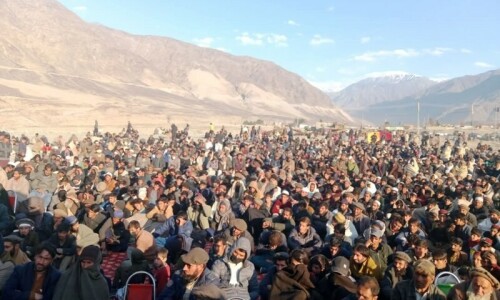
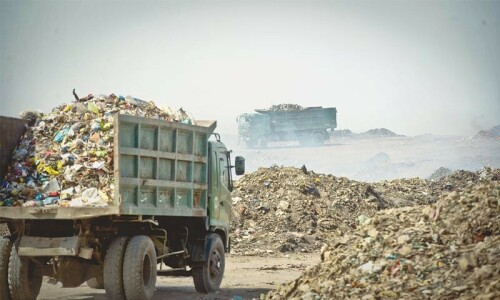





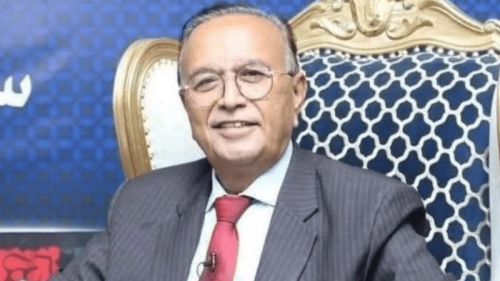
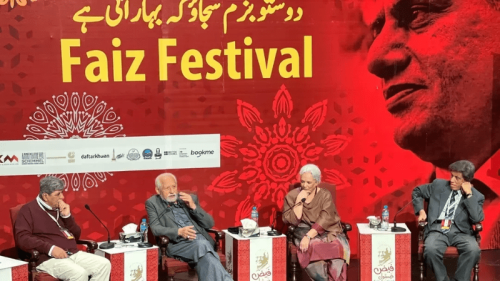


















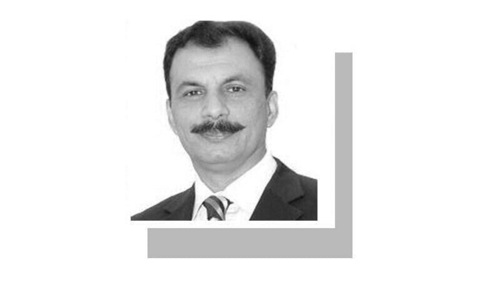




Dear visitor, the comments section is undergoing an overhaul and will return soon.